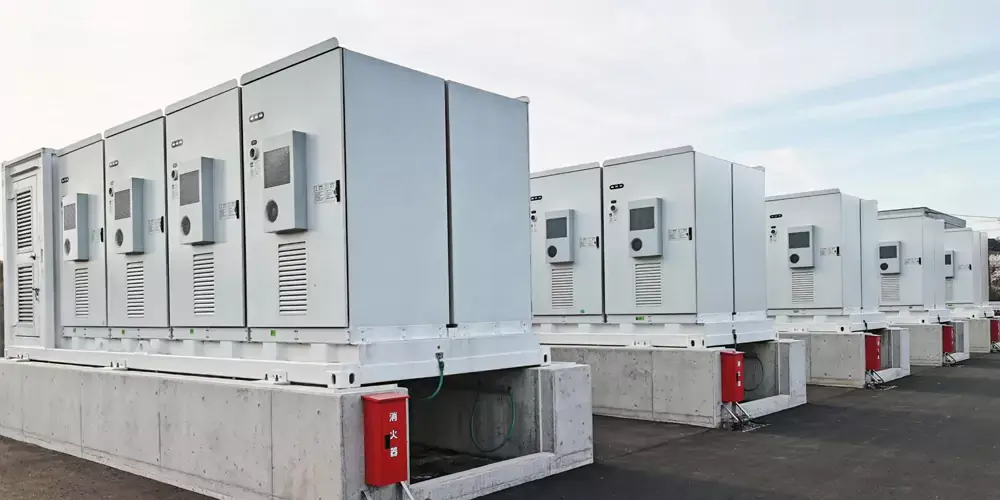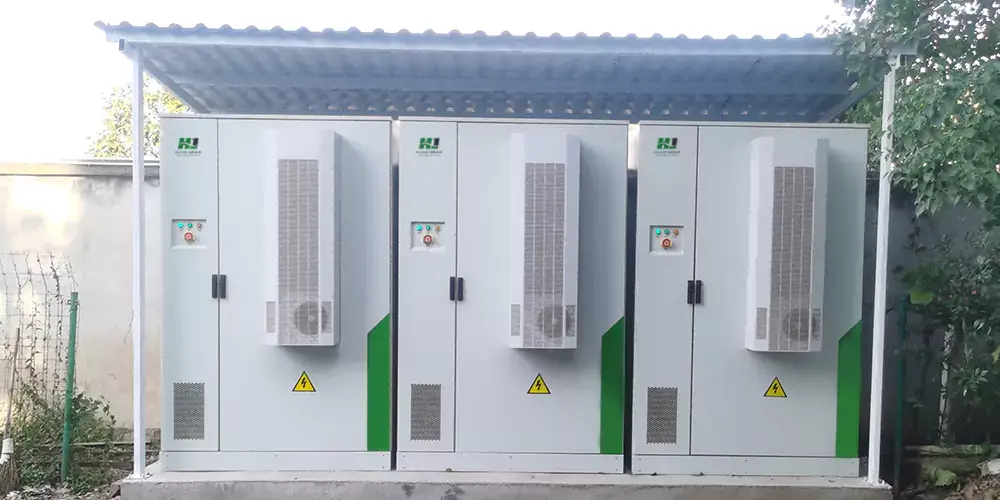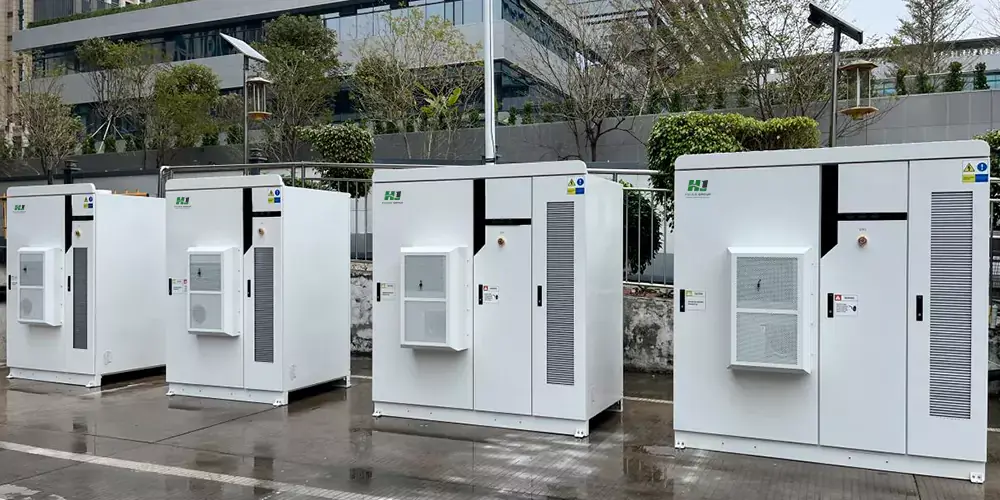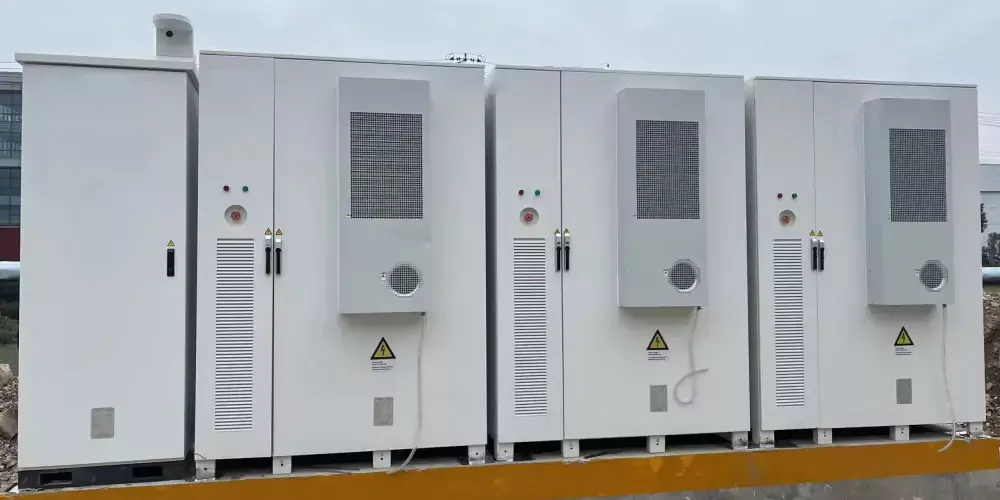Everything You Need to Know About ESS Energy Storage Systems
In today’s world, where energy efficiency and sustainability are more important than ever, the ESS energy storage system is becoming a game-changer. If you’ve heard about energy storage but aren’t sure what it entails or how it could benefit you, you’re in the right place. Let’s dive into the essentials of ESS energy storage systems and discover why they’re crucial for modern energy solutions.
What is an ESS Energy Storage System?
An ESS, or Energy Storage System, is a technology designed to store energy for later use. These systems are pivotal in balancing energy supply and demand by capturing energy when it’s abundant and releasing it when it’s needed. They can store energy from various sources, such as solar panels, wind turbines, or the grid, and provide power during times when these sources are not producing energy.
How Does an ESS Work?
At its core, an ESS Energy Storage System consists of three main components:
Energy Storage: This is typically the battery or other storage medium that holds the energy. Lithium-ion batteries are among the most common due to their high efficiency and long life. Other types of batteries, such as lead-acid or flow batteries, are also used depending on the application and requirements.
Inverter: This component converts the stored direct current (DC) energy into alternating current (AC) energy, which is the type used by most home appliances and the electrical grid.
Management System: The energy management system oversees the storage and discharge processes, ensuring that the ESS operates efficiently. It controls how much energy is stored, when it is released, and how it integrates with other energy sources and the grid.
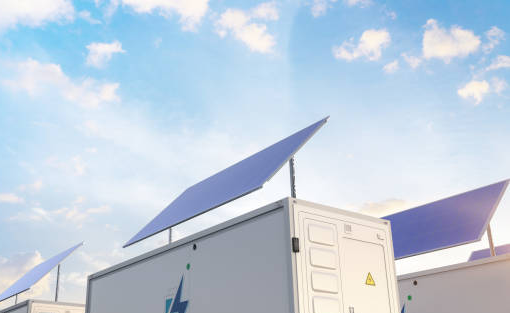
Why Consider an ESS Energy Storage System?
There are several compelling reasons to invest in an ESS energy storage system:
Energy Independence: An ESS allows you to store excess energy generated from renewable sources like solar or wind. This means you can rely on your own stored energy rather than the grid, especially during outages or high-demand periods.
Cost Savings: By storing energy during off-peak times when electricity rates are lower and using it during peak times when rates are higher, you can reduce your electricity bills. Additionally, many regions offer incentives and rebates for installing energy storage systems, which can further offset costs.
Reliability: Power outages can be inconvenient and disruptive. An ESS provides a backup power source, ensuring that your critical appliances and systems continue to function during blackouts.
Environmental Impact: Storing energy from renewable sources helps reduce reliance on fossil fuels. This not only decreases your carbon footprint but also supports a more sustainable and environmentally-friendly energy system.
Grid Support: By balancing energy supply and demand, ESS can help stabilize the grid, especially as more intermittent renewable sources are integrated. This contributes to a more reliable and resilient energy infrastructure.
Types of ESS Energy Storage Systems
ESS energy storage systems come in various forms, each suited to different needs and applications:
Residential Systems: For homeowners, residential ESS systems can store energy from solar panels or the grid. They typically feature smaller battery units designed to handle household energy needs and provide backup power during outages.
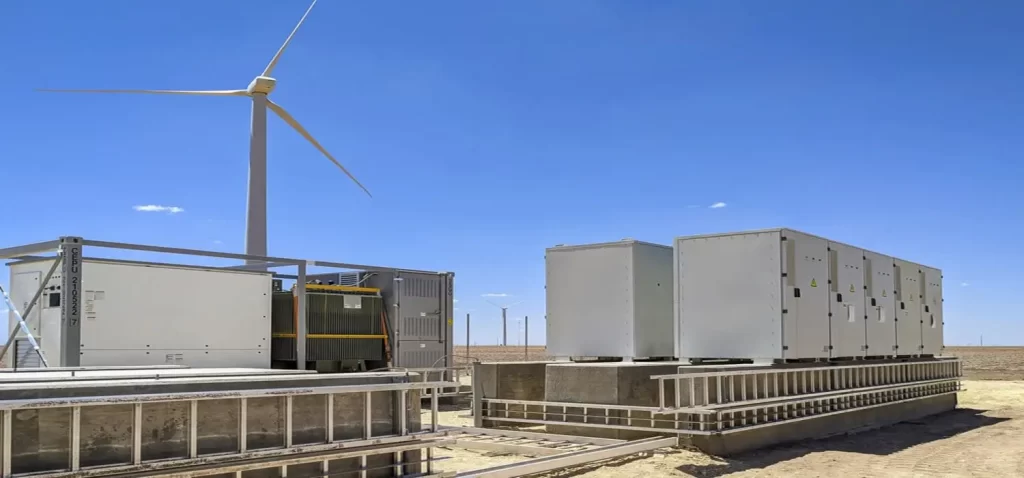
Commercial Systems: Businesses often use larger ESS systems to manage energy loads, reduce operational costs, and ensure continuity during power disruptions. These systems can handle higher capacities and integrate with multiple energy sources.
Utility-Scale Systems: These are large-scale ESS installations used by utilities to support grid stability and integrate renewable energy on a large scale. They help manage the fluctuations of renewable energy sources and ensure a stable power supply across large areas.
Benefits of ESS Energy Storage Systems
Let’s explore some of the key benefits of implementing an ESS energy storage system:
Enhanced Energy Management: ESS allows for better control over your energy use. You can optimize when to use stored energy, reducing dependence on the grid and taking advantage of time-of-use electricity rates.
Increased Property Value: Homes and businesses with energy storage systems often see an increase in property value. Prospective buyers or tenants may value the energy independence and cost savings offered by these systems.
Improved Grid Stability: By storing and releasing energy as needed, ESS systems help balance supply and demand, making the grid more stable and reducing the likelihood of blackouts.
Future-Proofing: As energy demands and technologies evolve, having an ESS in place ensures that you’re prepared for future changes. It offers flexibility to integrate new energy sources and technologies as they become available.
Challenges and Considerations
While ESS systems offer numerous advantages, there are also some challenges to consider:
Initial Cost: The upfront cost of purchasing and installing an ESS can be significant. However, this investment can often be offset by long-term savings and incentives.
Battery Life: The lifespan of batteries varies, and they will eventually need to be replaced. Regular maintenance and monitoring can help extend their life and ensure optimal performance.
Space Requirements: Depending on the size of the system, an ESS may require considerable space for installation. It’s important to ensure you have adequate space available.
Conclusion
ESS energy storage systems are transforming the way we manage and use energy. By providing a means to store excess energy, they offer greater energy independence, cost savings, and reliability. Whether you’re a homeowner looking to optimize your solar investment, a business seeking to reduce energy costs, or a utility aiming to enhance grid stability, an ESS can provide a valuable solution.
As you consider implementing an ESS, it’s important to evaluate your specific needs, budget, and energy goals. Consulting with a professional can help you select the right system and ensure it integrates seamlessly with your existing energy infrastructure. Embrace the benefits of energy storage and take a step towards a more sustainable and efficient energy future.
Contact us
- Email:[email protected]
- Tel: +86 13651638099
- Address: 333 Fengcun Road, Fengxian District, Shanghai
Get A Quote Now!


